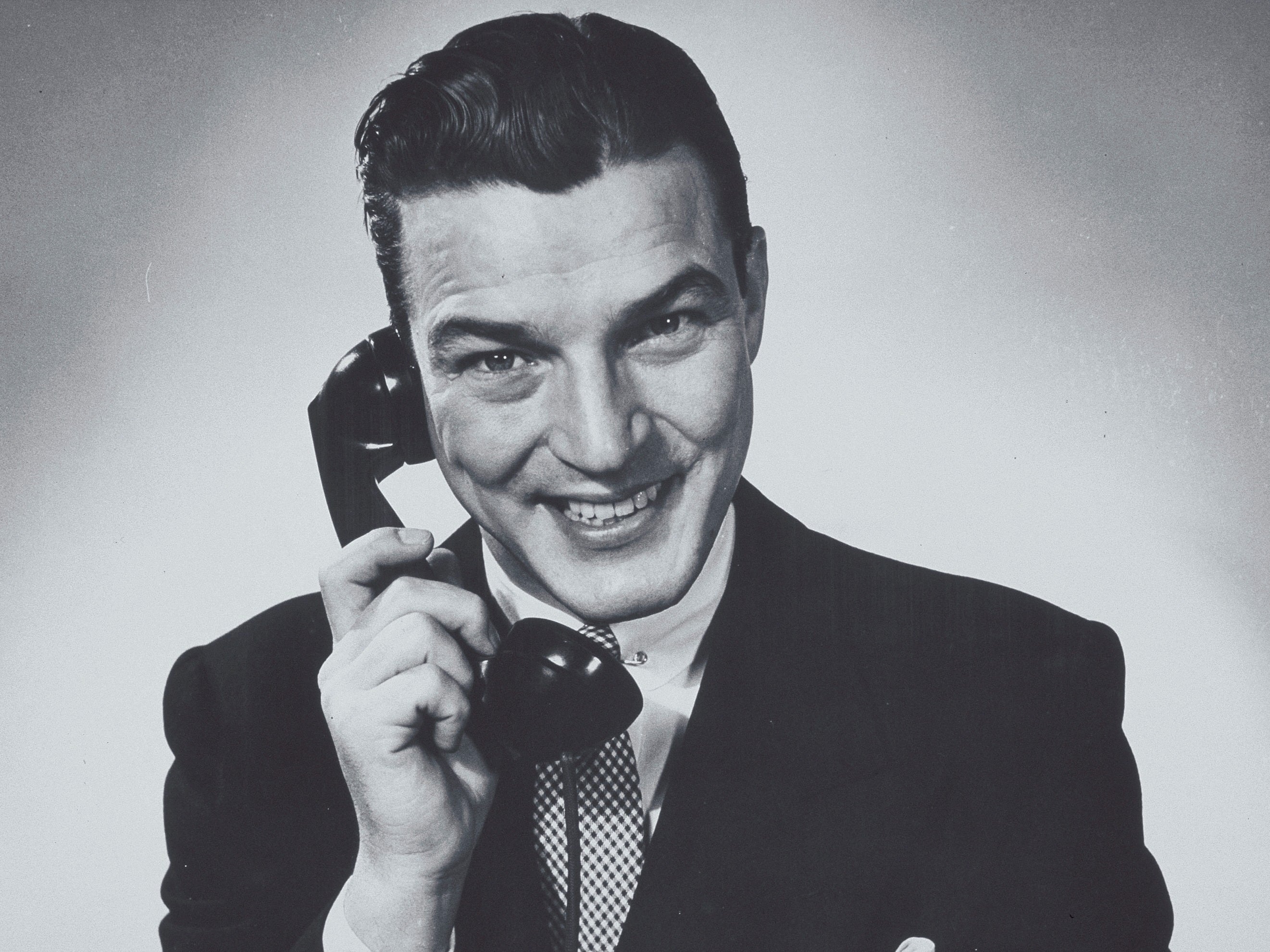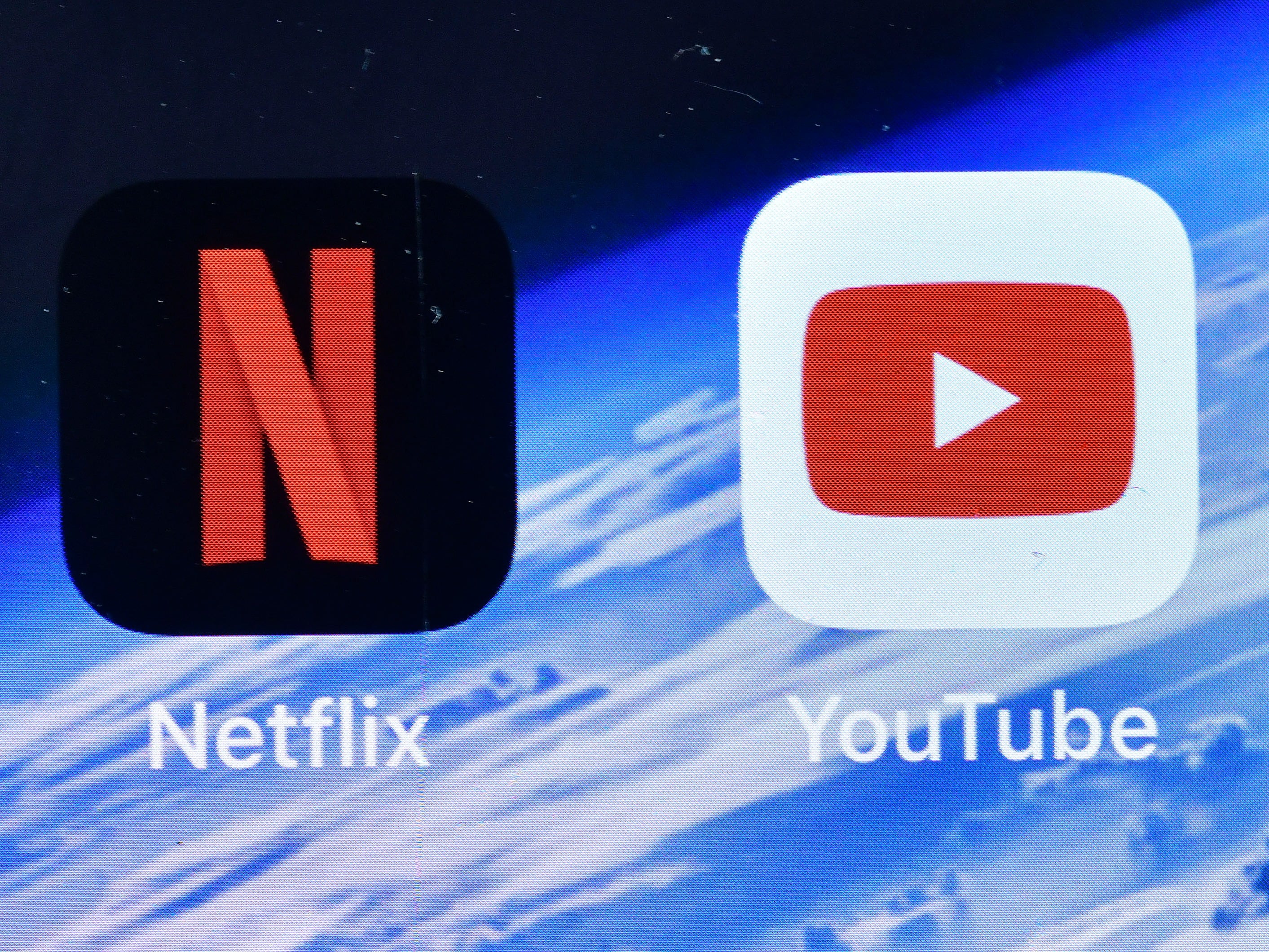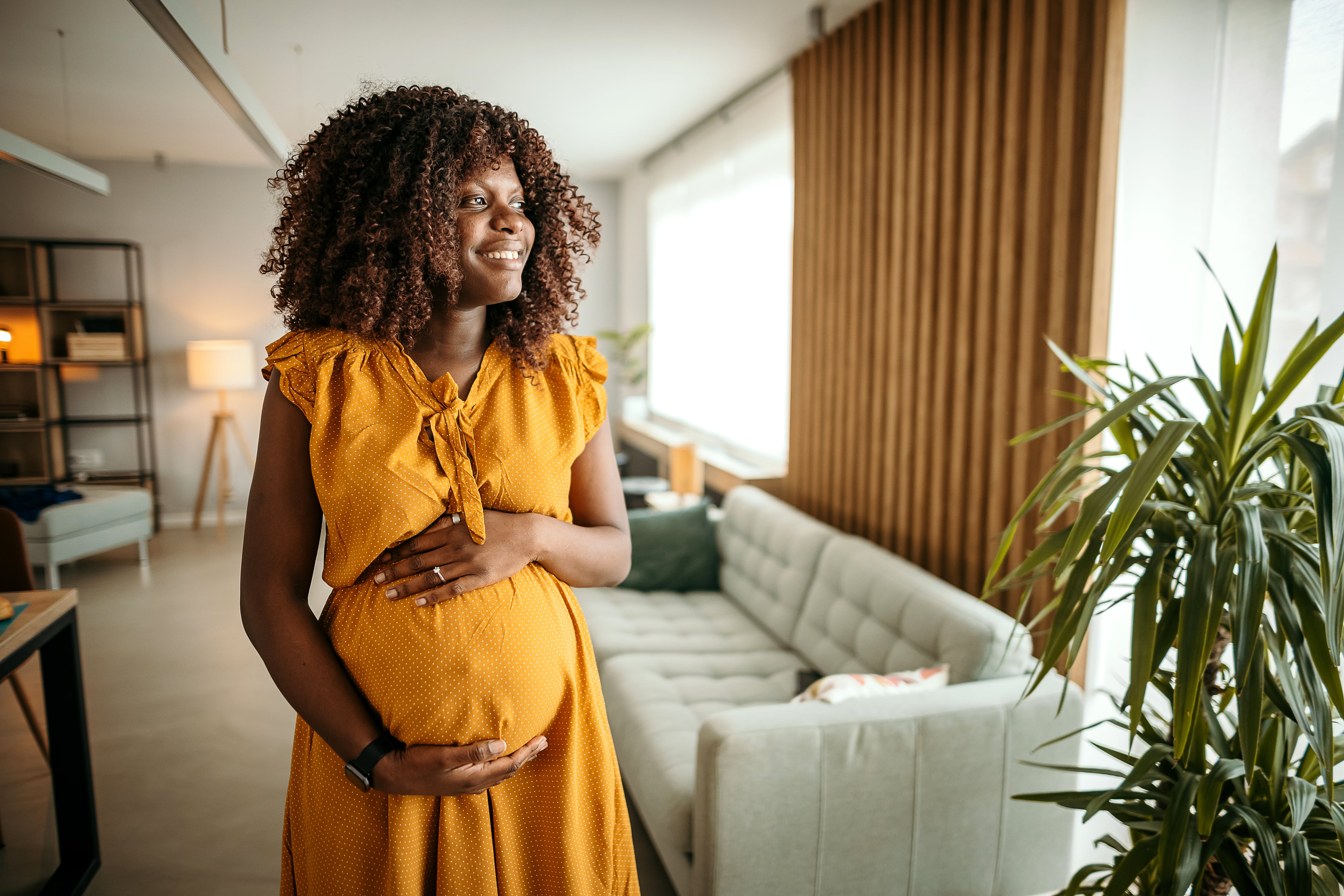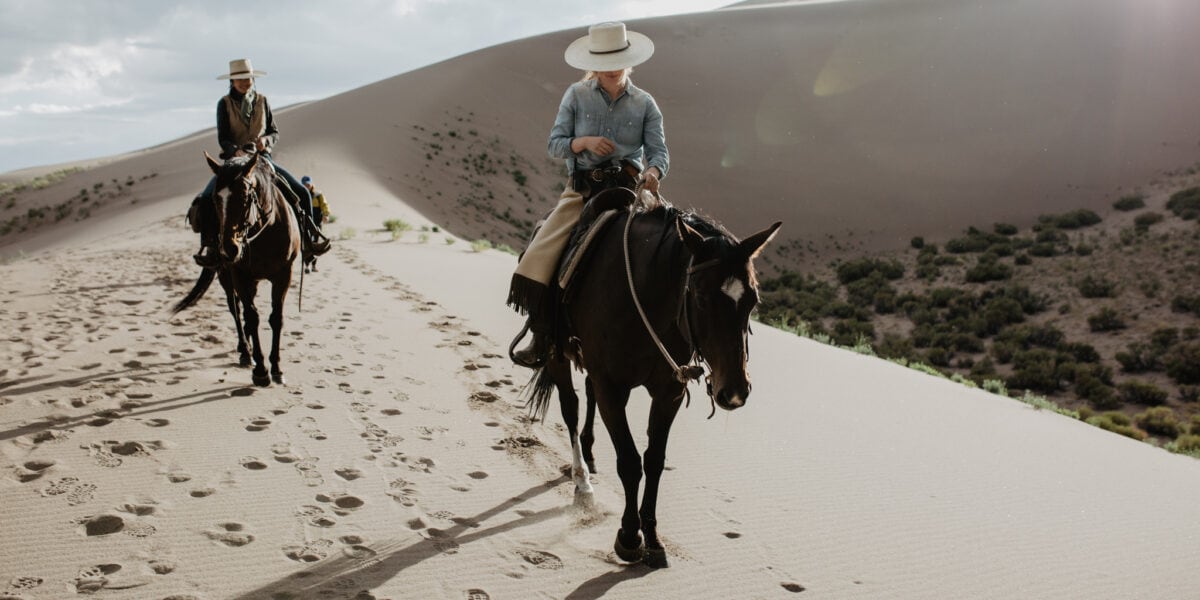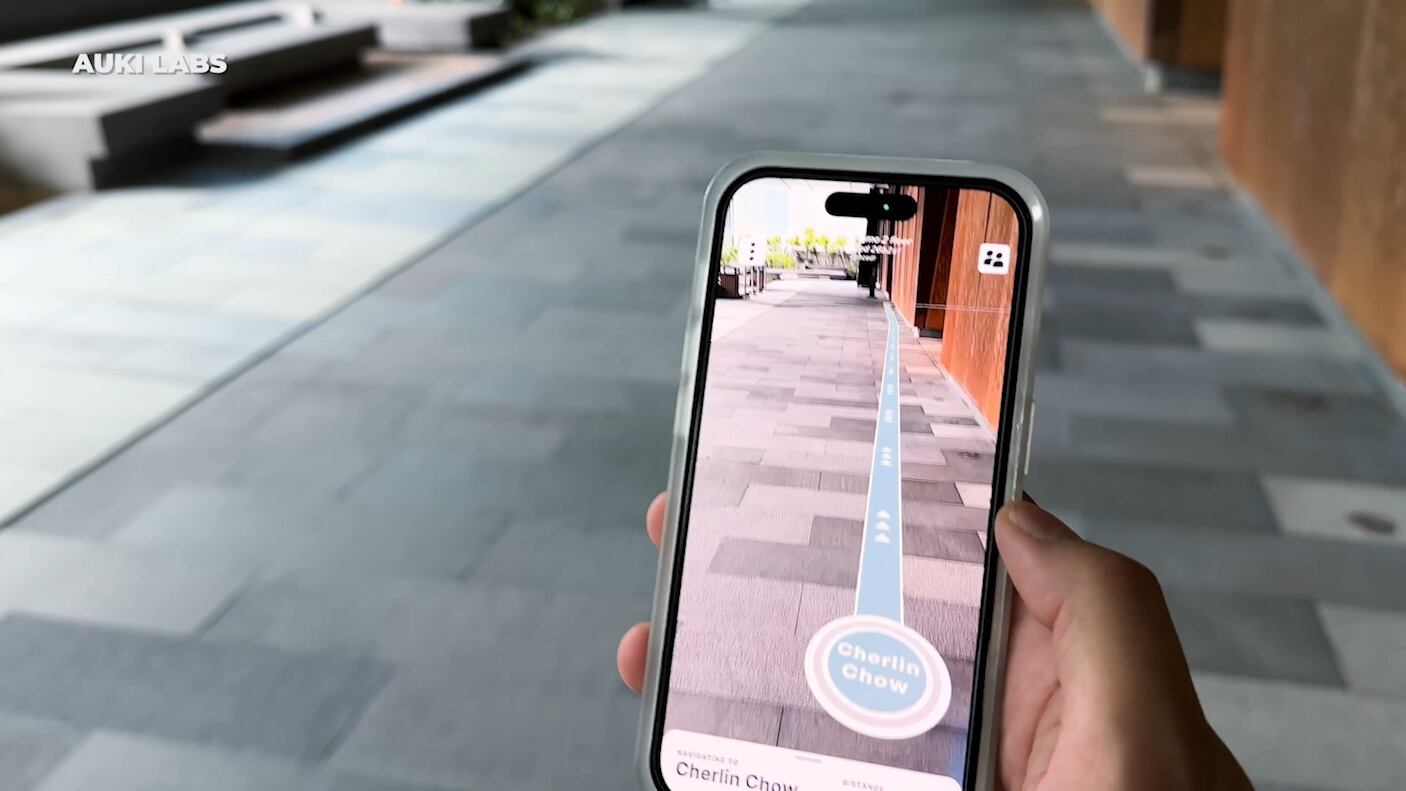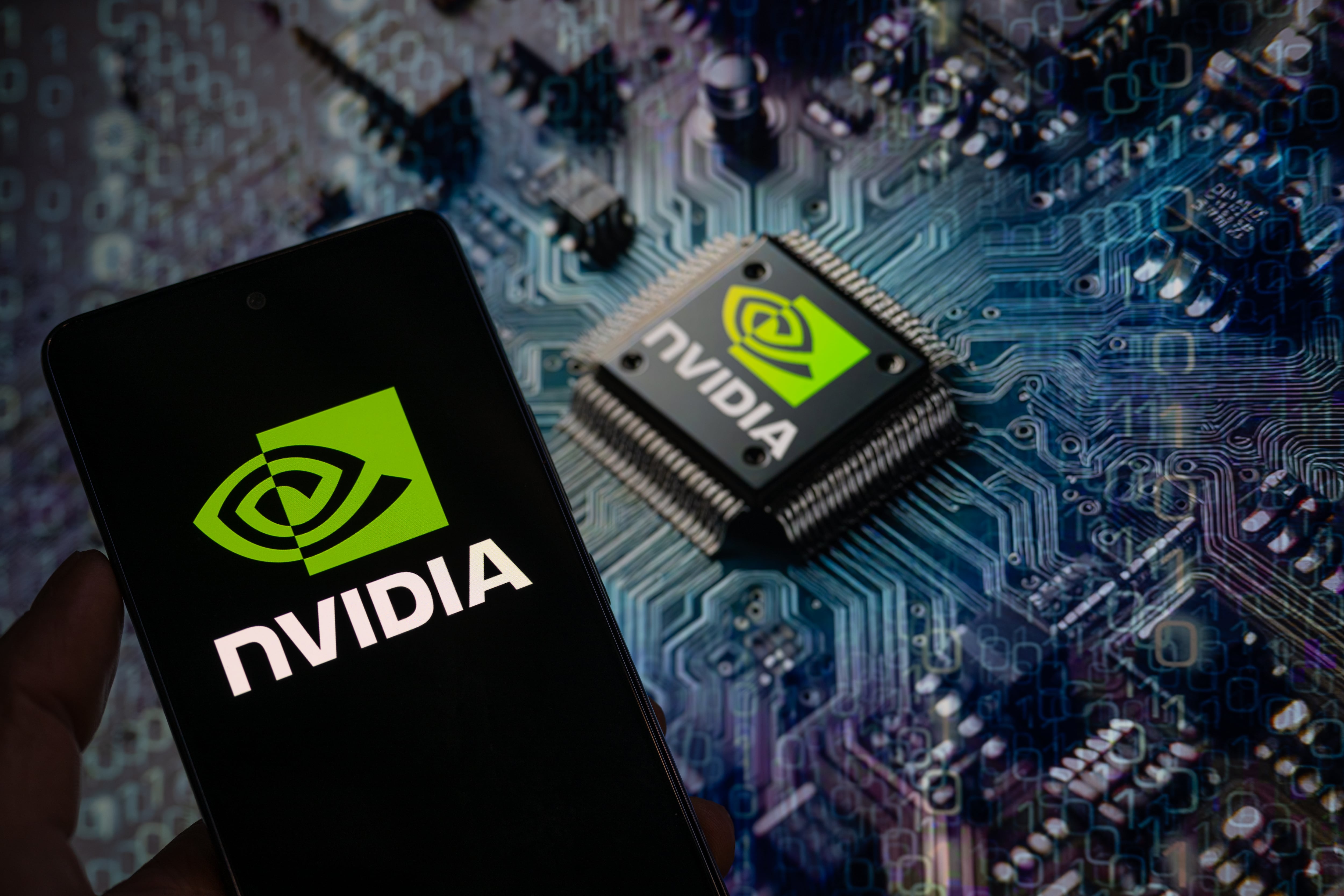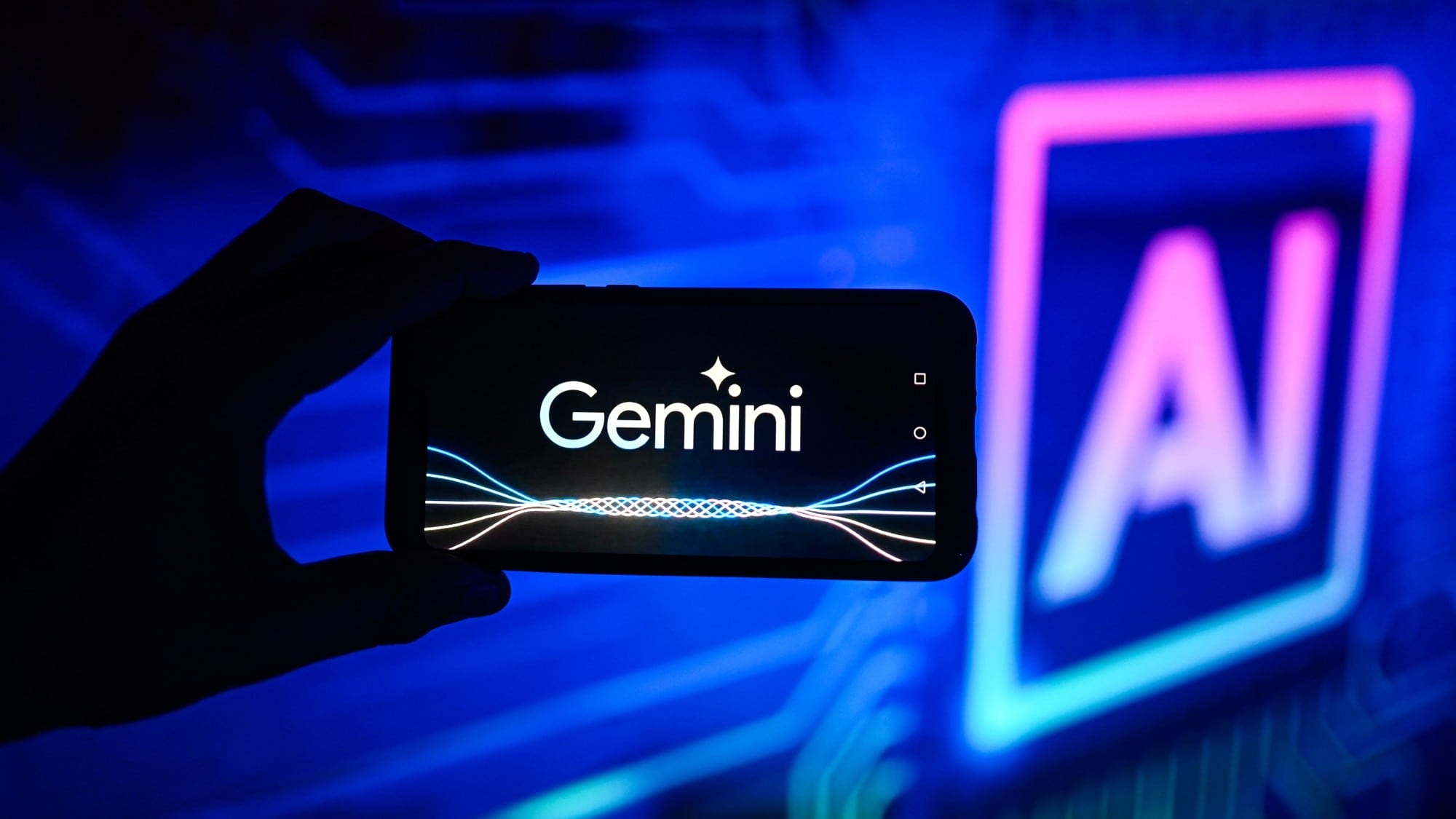For NBA legend and entrepreneur Magic Johnson, partnering with hemp and CBD company, Uncle Bud's, was a no-brainer, particularly as a retired athlete whose body has gone through rigorous wear and tear from years of playing professional basketball.
"It's a natural solution to your pain and giving you some relief," Johnson told Cheddar.
When it comes to professional sports, particularly the NBA, the former Laker's executive said he supports the idea of allowing athletes to use products like those from Uncle Bud's to "take care of their pains and aches." The use of CBD and other cannabinoids in the NBA and beyond has long been debated. While Johnson acknowledges league officials need to assess and maintain the banned substances lists, he says there are misunderstandings about CBD itself.
"I think they need to try Uncle Bud's and then make their decision based on one of the products in their whole line because I was the same way until I tried it," he explained.
For Johnson, player safety and wellness is a top priority and when it comes to college sports, he said he supports the safe return of gameplay amid the coronavirus pandemic.
"As long as athletes can be safe," he noted. "The university has to put all the protocols in place to make sure that the student-athletes will remain safe. That's the key."
Player wellness isn't just limited to physical well-being, Johnson said. He is also in favor of collegiate athletes being financially compensated. The NCAA announced in April that it is taking steps to allow the students to land endorsement deals. Johnson says many deals will not be for massive sums, but the athletes need some cash on hand to get through college.
"I was at Michigan State," Johnson said. "I wanted to have some money so that I could go get a sandwich or order a pizza or just to take my girlfriend to a movie."
On the topic of money, Johnson's recent business moves aren't just to secure better investments for himself. He's also helping thousands of minority and women-owned businesses stay afloat during the pandemic by providing over $100 million in loans through another partnership with MBE Capital Partners.
"The Paycheck Protection Program was not designed to help those that are Black or Latino," he said. "We didn't have a relationship with the banks or the credit unions."
